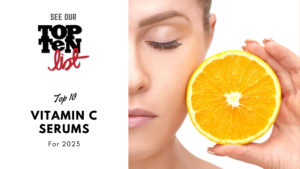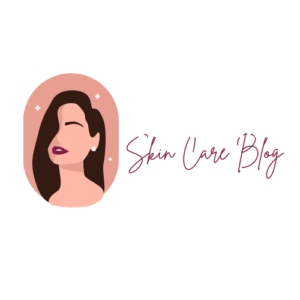Vitamin c serum: what are the benefits for Skin Breakout and how to use it?
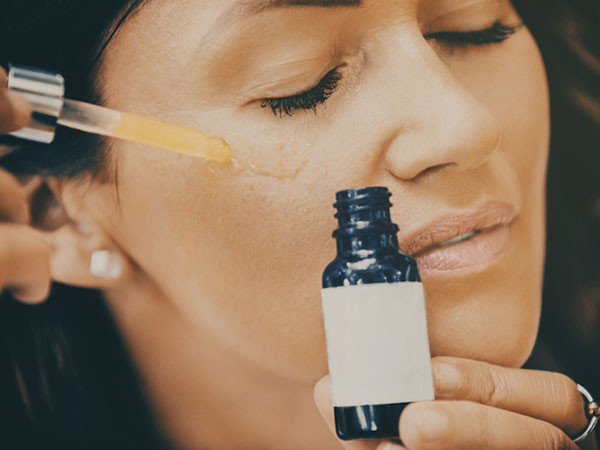

Vitamin C is a water-soluble vitamin and essential for several biological functions, including the skin Breakout. It must be consumed because the body does not manufacture it. It is also a potent antioxidant, assisting in the neutralization of free radicals, which are unstable molecules that can damage the human body’s cells over time if levels become too high.
Because of their exposure to your internal and external environments, free radicals impact your skin. Diet, stress, smoking, ultraviolet (UV) radiation exposure, and pollution are a few factors that can harm human skin. Human skin’s epidermis (the top layer of skin visible to the naked eye) is rich in C vitamin. This vitamin is essential for skin protection, healing, and regeneration.
Skin breakout is a highly inflammatory condition that environmental factors can exacerbate. As a result, it may help in its Treatment.
The Advantages of Topical Vitamin C for the Skin
Before we begin, let’s briefly examine why it is such a popular skincare ingredient. This vitamin is an effective multitasker, capable of doing the following tasks:
- This serum increases the synthesis of collagen in the skin.
- Increased collagen production produces stronger, smoother skin with fewer fine lines, wrinkles, and premature aging.
- It reduces excess melanin synthesis allowing dark spots to fade away.
- Its anti-inflammatory characteristics soothe redness and inflammation.
- Aids in the prevention of UV damage.
- It is a potent antioxidant capable of combating cell-destroying free radicals. It is the skin’s most abundant antioxidant.
As you can see, it has a variety of skin benefits. The best serum for glowing skin is available on the market.
How Can Vitamin C helps in the Treatment of skin breakouts?
Although it cannot be considered an acne or skin breakout treatment on its own, it can assist acne-prone skin in a variety of ways:
- The anti-inflammatory properties of vitamin C can help to lessen the redness and inflammation associated with acne vulgaris.
- Its antioxidant capabilities can help in minimizing oxidative stress, which causes skin inflammation and increases the chances of skin breakouts.
- The way it stimulates collagen formation helps hasten wound healing. This reduces skin breakout scarring and discoloration, especially if you have hormonal acne.
- It has brightening properties that aid in lightening existing skin outbreak marks.
As you can see, this is a skincare item that might benefit people suffering from skin breakouts.
So, select the right and best vitamin C serum and apply it correctly.
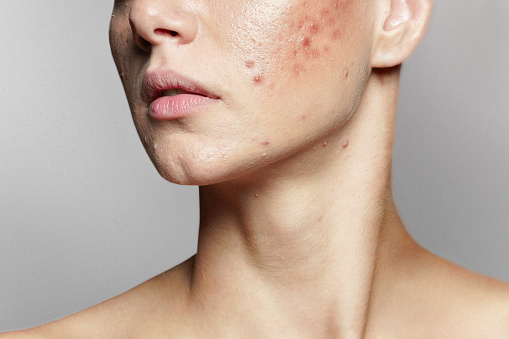

How Does Vitamin C Work?
You’re always surrounded by free radicals. This is due to the fact that they are brought on by exposure to typical environmental aggressors like pollution, cigarettes, sunlight’s UV rays, and other common environmental elements. Inflammation is brought on by free radicals in the skin. This appears as wrinkles, dark patches, uneven skin tone, uneven skin texture, and dull, drained skin.
Fortunately, the antioxidants that combat free radicals and stop oxidation are abundant in your skin by nature. An antioxidant calms the free radical and stops it from harming the skin further. It is an antioxidant in the human skin. Supplying electrons to destroy free radicals protects against oxidative stress.
Due to the fact that it helps in reversing sun damage, your skin’s tone, texture, and dark spots will all be noticeably improved. Because it affects the skin’s melanin, it lightens dark spots to make them less noticeable and evens out skin tone. So always choose the best serum for glowing skin.
Choosing a Vitamin C Serum for breakout skin
There are several types of vitamin C serums, and each one affects your skin in a different way. Most individuals flock to it After hearing that pure l-ascorbic acid is the most powerful type.
However, it is not without drawbacks and volatility. It oxidizes fast, which could become a harmful free radical.
Instead, use sodium ascorbyl phosphate, a far safer alternative to topical ascorbic acid. The skin metabolizes sodium ascorbyl phosphate into l-ascorbic acid, which can subsequently be used to treat skin outbreaks.
A 1% concentration of Na(sodium) ascorbyl phosphate can lower the number of bacteria on the surface of your skin, while a 5% dosage can prevent irritation.
Whatever form you choose your vitamin, don’t use more than 20% concentration, as this is when skin breakouts can begin. If you have dry skin, then always begin with a low concentration.
Look for Vitamin C that has other antioxidants, such as vitamin E and ferulic acid. Ferulic acid helps in the stabilization of vitamins C and E.
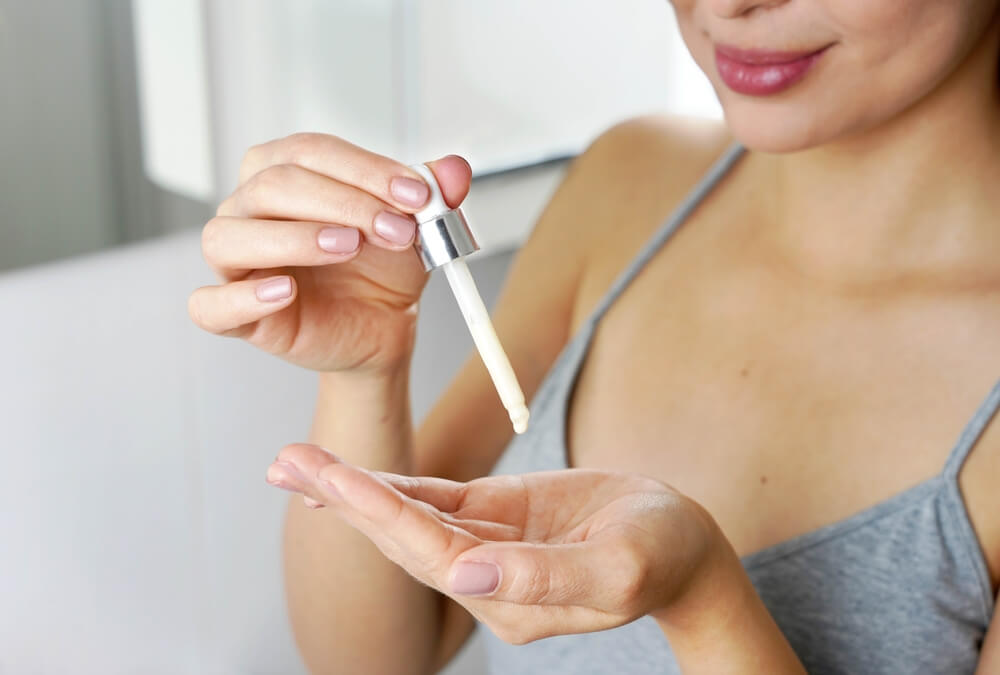

How to Use a Vitamin C Serum
As long as your vitamin C serums are not very concentrated, you may incorporate it into your skincare routine twice a day, once in the morning and once at night.
Begin to add vitamin C serums in your skincare routine by washing and toning your face as usual.
Then, before using any other items, use your Vitamin serum. Allow it to absorb for a minute or two before proceeding with the rest of your face care routine, which may include additional serums or a moisturizer.
Conclusion
Vitamin C serums are a powerful antioxidant that can benefit your skin in various ways, including preventing acne. It reduces inflammation, clears congested pores, promotes collagen synthesis, and fades skin breakout scars. So, it is worth a try if you’re seeking a natural solution to battle skin outbreaks without hurting your skin or exacerbating them. You can buy the best vitamin c serums in Pakistan online.

